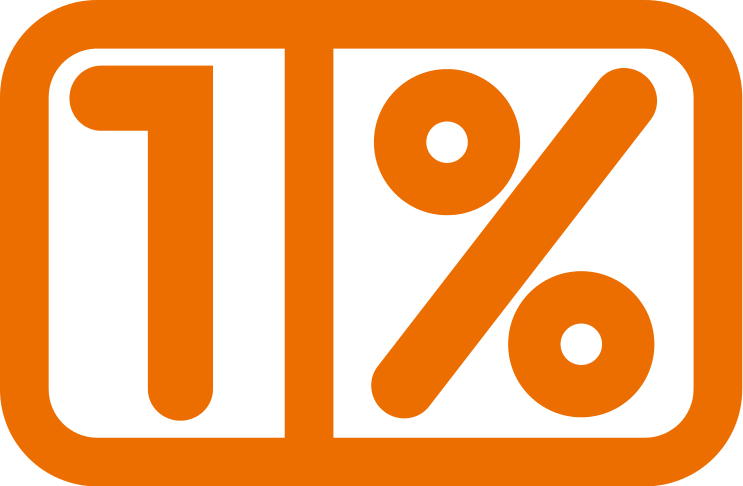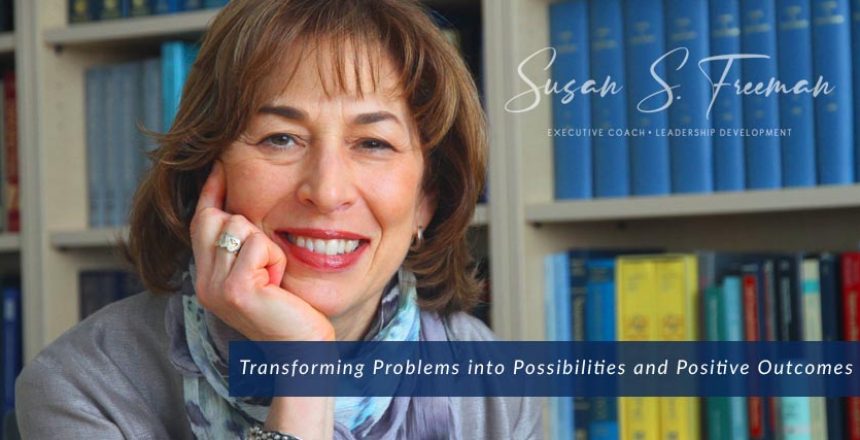“It is no measure to be adjusted to a profoundly sick society.”
-Jiddu Krishnamurthi

We don’t often stop to think about the numerous ways we have adapted to living in our modern world. This is because we are the first generation in human history to grapple with the impact of rapid technological transformation on our lives, our work, and our planet.
I recently attended the Mindful Leadership Summit in Washington, D.C., with world leaders in business, government and non-profit organizations who are seeking to bring about systemic positive change. In an inspirational talk by author Pilar Gerasimo, she shared these sobering statistics:
- 50% of U.S. adults have been diagnosed with at least one chronic disease
- 68% of U.S. adults are overweight or obese
- 78% of U.S. adults are taking prescription drugs
- 80% of U.S. adults are mentally and emotionally “not flourishing”
- 97.3% of U.S. adults are not monitoring four critical health habits (smoking, rest, diet and exercise)
(Statistics are from ncbi/nmh.org)
That leaves 1% of U.S. adults who are currently healthy and on track to stay that way. Pilar calls us “healthy deviants” and she has a book coming out in January on this topic. She is on a mission to invite leaders to ponder this question:
“Are you breaking yourself, and are you encouraging others to break themselves?” If you answered “yes” to either of the above, what can and will you do to change it?
She invites leaders to shift away from being an “extractive industry” in which “more is not always better” to instead making whole-person well- being a company value. Ask instead:
1.) Are my people healthy and happy?
2.) Am I practicing pre-emptive repair, including adequate sleep, healthy nutrition, meditation, and exercise?
3.) Do I model continuous growth and learning?
She concludes that “an unhealthy defunct reality depletes our human capacity and sets people up to fail.”
I argue that organizational leaders have an opportunity and responsibility to create a solution to a complex and vexing problem.

